
My heart was pounding as I exited the Mar Girgis station of the Cairo Metro, although there was nothing particularly scary or threatening in my field of vision. My anxiety intensified as I began moving further away from the train tracks, and into Old Cairo.

It was an incredibly strange contrast: Although every man, woman and child I passed smiled widely and waved at me as I passed, it became harder and harder, the deeper into Old Cairo I walked, to shake the fear that seemed almost subliminally implanted into me.
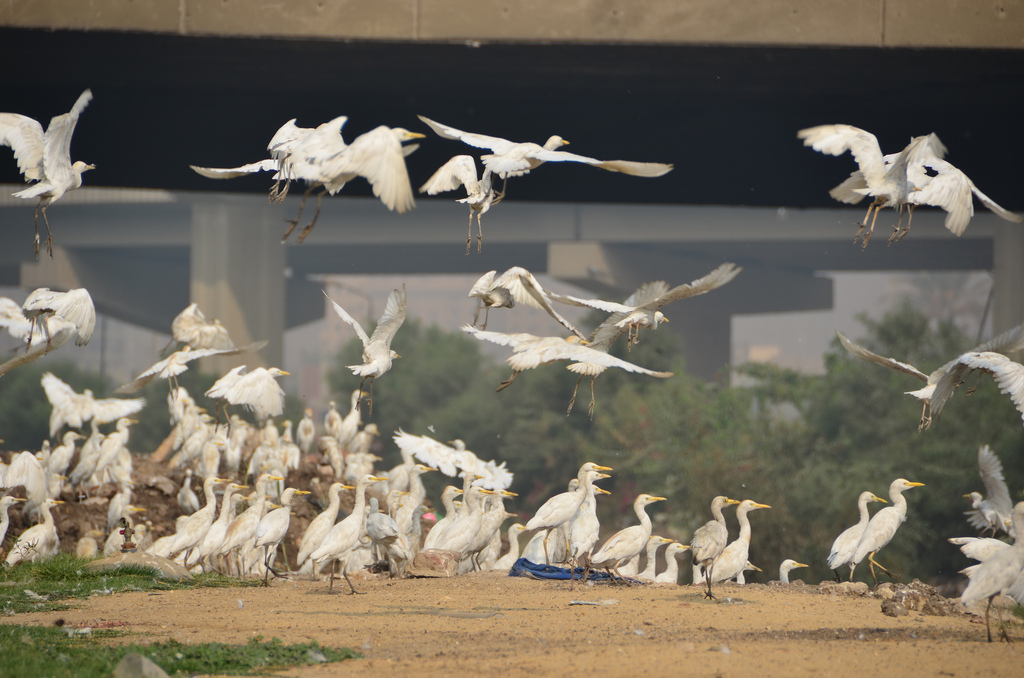
When I felt the first fingertip tapping gently at my back, my first waking assumption was that I was about to be robbed or, worse, assaulted. But I turned around and saw, to my surprise – and, eventually, delight – a mob of joyful children, who seemed as if they hadn’t seen someone fitting my profile in a while.
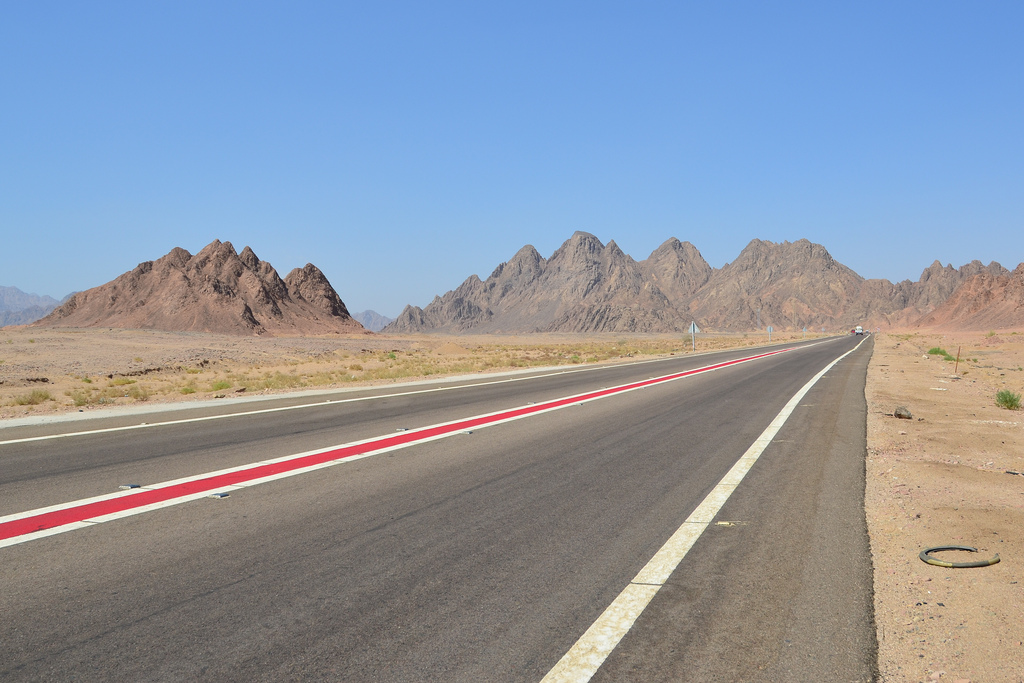
The longer I spent in Egypt – and the further south I traveled into the country – the fear months of peripheral exposure to alarmist media reports (this was in September 2011, just eight months after the revolution that brought down the government of Hosni Mubarak) softened and morphed into pity.
For example, as I walked through the Old Aswan Bazaar with Katy, an Australian who was one of only a handful of other Westerners I met during my entire first week in Egypt, the tone of the sellers was practically desperate – they were begging us to take items off their hands, offering shawls, spices and even statues and figurines for literally pennies on the dollar.
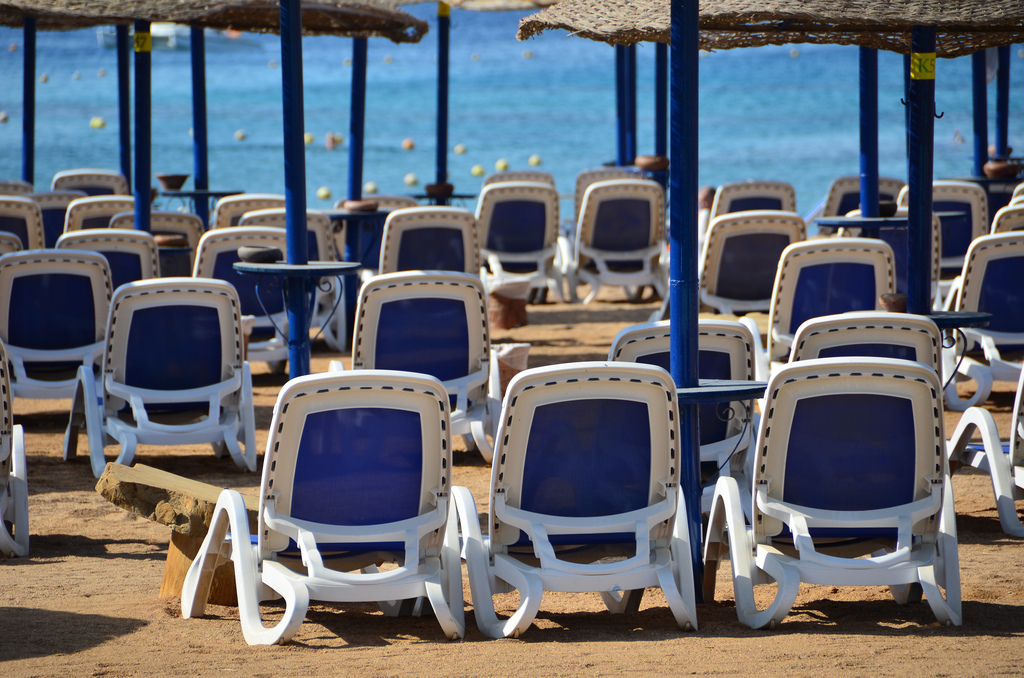
I encountered so few fellow travelers over the span of my visit to Egypt, in fact, that nearly every activity I completed, whether I was taking a felucca up the Nile River, traipsing through temples like Abu Simbel and Karnak, or simply smoking hookah to finish out a long day of sightseeing, was spent in the company of people I already knew.
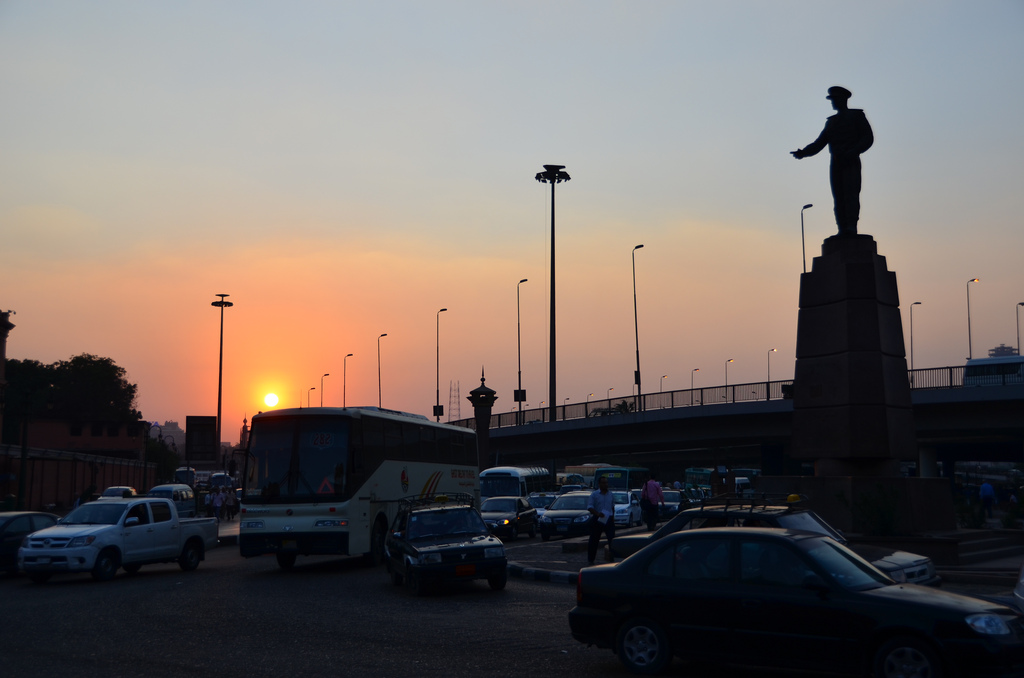
I can’t say, with 100% conviction, that post-revolution Egypt is a safe place to travel. To be sure, it was in the Sinai peninsula, a semi-detached part of the country that most governments still consider an OK place to travel, that I had my only “scary” experience: My taxi driver reneged on our agreed-upon price, and threatened to hurl a huge stone at my skull when I told him what was up.
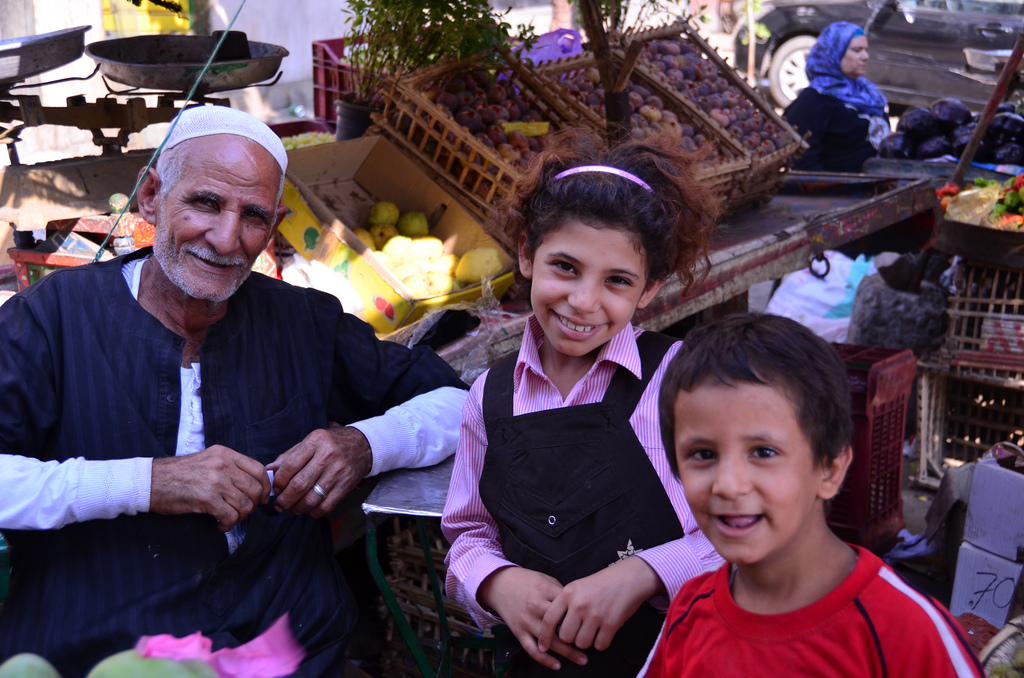
Yet I refuse to recommend that you not visit.
“The sad irony,” a young man, who stopped me in my tracks as I walked back to my Cairo hostel from the Egyptian museum one morning, explained to me over the cup of tea he insisted on buying me, “is that the more afraid travelers become of visiting Egypt, the more reason they will have a reason to be afraid: The poorer people become, the worse things will get.”

Robert Schrader is a travel writer and photographer who’s been roaming the world independently since 2005, writing for publications such as “CNNGo” and “Shanghaiist” along the way. His blog, Leave Your Daily Hell, provides a mix of travel advice, destination guides and personal essays covering the more esoteric aspects of life as a traveler.








